Why And How Jellyfish Are Taking Over The World
Source: EnergySkeptic
Move aside Steven King, jellyfish are worse than any of your demons, worse than any Grade-B monster that’s graced the silver screen. Unlike The Blob, which can be stopped by freezing, you can’t kill them. Not with chemical repellents or biocides or nets or electric shocks or introducing species that eat jellyfish like the striped sea slug. If you shoot, stab, slash, or chop off part of a jellyfish, it can regenerate lost body parts within two days. Not even the past 5 major extinction events which killed up to 90% of all life on earth, killed off the jellyfish.
Meanwhile they’re on a rampage, doing millions of dollars in damage clogging intakes of nuclear, coal, and desalination plants, killing millions of farmed fish, and destroying fishing nets with their sticky icky bodies.
The more we overfish, pollute, acidify and warm the ocean, create vast dead zones, and trawl ocean bottoms, the better the jellyfish do.
The oceans make the earth habitable for us. They generate most of the oxygen we breathe, stabilize temperatures, drive climate and weather, and absorb a third of the CO2 we’re emitting. Over 3 billion people depend on the oceans for their livelihoods; 2.6 billion depend on seafood as their main source of protein.
Most alarming of all, 40% of phytoplankton has died off globally since the 1950s – they’re not only at the base of the food chain, but they generate most of the oxygen we breathe, as well as absorb half of the carbon dioxide, and their increasing death rate will make the ocean get warmer even faster.
Prolific, hard to kill, breed fast, and more – no wonder they’re so successful:
- They’ve everywhere, spread around the world in ship ballast or sea currents.
- Ubiquitous – from top to bottom of the ocean, from pole to pole, year-round.
- Grow faster than other species to quickly take advantage of any food, and they’ll eat almost anything — copepods, fish eggs, larvae, flagellates. They eat past when they can keep consuming, spit food out, waste a great deal other creatures could have eaten. Even when they’re full, their tentacles keep capturing prey.
- If there’s no food, jellyfish can consume their own body mass and get smaller and smaller until they find food again, and rapidly return to normal. Even when they grow smaller they can still reproduce.
- Consume many times their body weight in high-value food but are of low-value themselves because they provide little energy, ounce for ounce, compared to the food they ate. So they have few predators.
- When 2 weeks old they can lay 10,000 eggs a day that hatch 12-20 hours later
- They reproduce many ways: massive orgies, fission, fusion, cloning, hermaphroditism, external fertilization, self-fertilization, copulation.
- If they lose a body part, they can regenerate it within 2 days.
- They are the “Last Man Standing” in eutrophication zones because they need less oxygen
- Many species can tolerate any salinity level, from fresh water to salt water
- They’ve survived ice ages, hothouse climates, all five mass extinctions, predators, competitors, and us.
- Jellyfish in the oceans have been known to live over 10 years
- Many of them avoid predators by long vertical migrations from the deep sea to the surface at night and back down again by daylight.
They can wait a long time for the right conditions to bloom
Just as plants have seeds which can endure many years waiting for optimum conditions to grow, jellyfish have a seed-like state called a polyp that waits for good conditions, and can clone themselves to create armies of ‘seeds’ waiting to burst into jellyfish blooms seemingly overnight. Polyps don’t “grow up” to become jellyfish. They spawn what we think of as jellyfish – the medusa — which then mate sexually to produce polyps, which stick to rocks, shells, man-made structures, plastic, etc. Both the polyps and the medusa could be considered “immortal” – when a polyp dies it’s clones live on, and there is one species of jellyfish, where after it dies, its pieces turn back into polyps (“Logically, it would seem that other species probably do it too, but we have yet to identify others,” according to Gershwin in a reply to this book review).
Jellyfish are at the top of the food chain
That seems so wrong– a primitive brainless blob? But jellyfish eat much larger clams, crabs, starfish, snails, and fast, smarter fish and squid.
They’re also at the top because not much wants to eat them.
Worse yet, they outcompete other sea life by devouring the eggs and larvae of species that would have grown up to eat jellyfish larvae. It’s a double whammy since these larvae never grow up, leaving a lot more food for jellyfish to consume. A jellyfish bloom can clear the water of all eggs, larvae, copepods, and small plankton in less than a day. This makes it almost impossible for some overfished species to make a comeback.
We’re helping the jellyfish take over by overfishing
Many of the small fish that compete with jellyfish for the same food, such as anchovies and sardines, are being overfished and turned into farmed fish food, pet food, and fertilizer. We harvest a whopping 44% of these small fish at the base of the food chain, which are also what cod, snapper, tuna, and halibut feed on, which prevents the recovery of fish we’d much rather eat.
We’ve already fished out 90% of all large fish in the ocean. And it’s only a matter of time before we find the other 10% with sonar, radar, LORAN, GPS, and spotter aircraft.
The United Nations has predicted all commercial fish species will be extinct by 2048. In 2002 we were fishing 72% of fish stocks faster than they could reproduce. 90 fish stocks around the world have had no recovery in population even 15 years after they collapsed.
Few small fish left, few big fish left – that opens up a lot of space for jellyfish to move in and take over. We’re creating a feedback loop that favors jellyfish.
Worse yet, overfishing can create trophic cascades when we remove keystone predators. We’ve nearly driven 11 species of large sharks along the Atlantic coast into extinction. They kept the ray population in check, but now that they’re gone, the ray population has exploded, and they’re devouring almost a million tons of scallops, clams, and oysters a year. Fishermen only harvested 330 tons. The Chesapeake used to famous for shellfish, now it’s best known for its jellyfish (p261-263).
You’ve probably heard of bycatch – all the unwanted and unintended dolphins, turtles, fish and so on that are discarded, most so mangle they don’t survive when thrown back. I was unaware that tropical shrimp are the worst of the worst because they’re obtained by bottom trawling and have a bycatch of 125 to 830% more than the shrimp captured. In the Gulf of Mexico shrimp fishery 12,000,000 juvenile snappers and 6,000,000 pounds of sharks are discarded every year. Since most bycatch is unreported, these figures are probably too low. Further destroying the fish are the thousands of miles of “ghost nets” – the nets lost from boats that drift aimlessly still catching fish.
Jellyfish even eat other jellyfish, so when we’ve caught most of the fish, or otherwise destroyed them by dredging, ocean warming and acidification, pollution, dead zones, etc., jellyfish will still survive.
Trawling and Sewage favor jellyfish
Sewage provides nourishment for jellyfish since they can get 10 to 40% of what they need by absorbing nutrients through their skin. And there’s plenty of sewage for them. In just 7 days a 3,000 passenger cruise ship generates 210,000 gallons of sewage, a million gallons of gray water, 37,000 gallons of oil bilge water, 8 tons of solid waste. In the USA, animal feedlots produce 500 million tons of manure a year, 3 times as much as humans.
Bottom-trawls weigh thousands of tons and rake the seafloor for sole, halibut, cod, haddock, plaice, rockfish, rays, skates, prawns and son on, destroying corals and sponges as trawls rake across miles of seafloor, crushing what isn’t scooped up. The raking creates a fog of tiny particles. Fish can’t find their food in this dense fog of raked up particles or murky sewage, but guess who can….jellyfish, who just dangle their tentacles and it capture any food that drifts or swims into them.
Trawling dredges up toxic DDT, PCBs, hydrocarbons, mercury, radioactive particles, heavy metals, and plastics that add to eutrophication, destroy clams, scallops, bryozoans, tunicates, and other creatures. These substances, which had been buried in the sediment and removed from the food chain are released back again, and incorporated into the muscle, bone, blood, and fat of sea organisms.
Jellyfish don’t have these tissues, so they’re not much affected. Nor do they live long enough to store a high concentration of harmful toxins, or develop mutations or cancer.
Dredging creates many more areas for jellyfish polyps to attach to as pieces of plastic and other flotsam are dredged up, increasing the size of jellyfish blooms.
Jellyfish can take the heat
As climate change raises temperatures, the metabolic rate of all creatures rise, and they have to catch more food to stay alive.
The ocean has risen 1.8 F the past century, most of that the past 30 years, and may increase another 3.6 F over the next 100 years. In the ocean heat is even harder on organisms because warmer water has less oxygen. This means increased respiration which uses more energy and finding more food to eat. A creature that can’t respire fast enough will suffocate.
Warmer oceans are a dream come true for jellyfish – they can grow fast very quickly while other species are struggling. Phytoplankton blooms make even more food available. Jellyfish rates of reproduction increases and they can reproduce longer too.
Climate change also means far more unpredictable weather, another advantage for jellyfish, since they respond quickly to change and bloom explosively to cope. They’re the first to arrive and the last to leave. And jellyfish can tolerate a wide range of temperatures.
Jellyfish can even increase CO2 levels because
- Their goo and poo are preferred by bacteria that emit high amounts of CO2.
- Jellyfish displace fish, whose fecal pellets would have sunk to the bottom and sequestered CO2
We’re tipping the ecosystem in their favor
The more we damage and stress the ocean, the more likely the sedentary polyps will feel compelled to produce the next generation, the getaway medusa jellyfish who can escape the eutrophication, warming temperatures, changes in salinity, pollution, acidification, oil spills, or whatever else we’ve thrown at them. The medusa disperse to safer areas, and new areas, live to see another bloom, and eat and outcompete fish.
Dead zones, eutrophication, hypoxia favor jellyfish
Jellies can survive low oxygen conditions because they store oxygen in their tissues and breathe through their skin. They can swim in the top layer of water above and form a wall of slime that keeps fish out.
They can cause eutrophication by eating so many copepods that phytoplankton blooms erupt, die, and tilt the balance towards flagellate-based organisms, which jellyfish eat but fish don’t. And also their goo and poo favors microbes that respire a lot which generate CO2 and increase ocean acidification. Jellyfish can survive low oxygen levels better than most creatures.
The more jellyfish, the more jellyfish
As we create conditions that favor larger jellyfish blooms, their concentrations grow more dense, so when they release sperm and eggs the odds of contact and fertilization are greater.
And the greater the density of jellyfish, the more likely prey will be unable to escape. Nor will the small predators of jellyfish larvae be able to do so – the dense numbers of parent medusae will eat the small predators before their own larva can be consumed.
Larger jellyfish blooms makes even larger jellyfish blooms more likely, ratcheting up their ascent to dominance in the oceans.
Farmed fish won’t keep fish around – jellyfish kill them too
Jellyfish harm salmon farms through their mucous, bacteria, and stinging. The salmon waste and uneaten food also probably change the ocean to favor jellyfish and algal blooms.
Other jellyfish facts
- There are 1,500 known species of jellyfish, but probably quite a few more we haven’t identified yet
- They have no heart, brains, ears, heads, feet, gills, or bones
- They range from the size of a pea to 8 feet in diameter with tentacles that can be 200 feet long
- Kinds of jellies: moon, comb, pink meanies, rainbow, box, fire, sea wasps, sea nettles, sea gooseberries,Venus’s girdles, lion’s manes, purple people eaters, blubbers, snotties, agua vivas, blue bottles, the long stingy stringy thingy, etc.
- They’ve been here at least 565 million years practically unchanged, long before predators with shells or teeth evolved
- The Box Jellyfish is the world’s most venomous animal that can kill within 2 minutes. There are other lethal jellyfish as well.
Conclusion – We’ve turned the tide in favor of Jellyfish
This is one of the best books you can read about the myriad ways we’re destroying the ocean, which Gershwin has to explain so that she can then explain how that relates to how those factors affect jellyfish. Gershwin’s writing is witty and funny, making this grim topic easier to take. The natural history of jellyfish is amazing and bizarre. And despite this long book review, I’ve left out quite a bit, the story is far too complex to summarize — I hope you’ll read this book to learn more.
Even if we stopped overfishing, polluting, and so on, once we tip the ecosystem into one controlled by jellyfish, they will become the “new normal” and that will quite likely be impossible to change.
What a dismal future — an ocean of slimy, repulsive, stinging, sticky, lethal, spooky, scary, alien jellyfish. Bye-bye fish, oysters, shrimp, scallops, lobsters, Beluga caviar, abalone, sharks, whales, seals, sea lions, penguins, dolphins, sea otters, polar bears. Hello jelly-O.
The time when jellyfish rule is not far away, it could be in your lifetime, or your children’s lifetime. The climate and chemistry of the ocean is becoming like the Ediacaran ocean 565 million years ago, when jellyfish ruled the oceans for over 100 million years as the top predators.
In the last chapter, Gershwin writes that in the end, jellyfish are “also outcompeting the human race, because we depend on the oceans’ fish for our own food.”
Gershwin wrote this book assuming she’d have advice at the end of actions you could take to bring back the fisheries and keep jellyfish from dominating the oceans, but she ends the book saying it’s too late to do anything. Hold the presses — perhaps not, Lisa replied to this book review and said “I welcome thoughts that you or your readers may have toward saving the oceans and fixing the damage… the subject of my next book!”.
I like Gershwin’s honesty, and the willingness of the University of Chicago Press to publish her book, since most publishers won’t print a book that doesn’t have a happy ending (and also why our political and economic leaders deny or don’t talk about peak oil, climate change, and other insoluble problems.)
When will the fish, whales, dolphins, etc., return?
People have asked me when the fish would come back, since after all, they’re here now, they must have defeated the jellyfish in the past. That’s why you need to read this 344 page book. the ocean ecosystem is complex and Gershwin spends most of the book explaining how it works in order to then say how this relates to jellyfish. I’ve only reported on jellyfish part of what she wrote.
One important concept I didn’t cover was on low versus high-energy food chains, since that’s a big part of why the ocean is tipping in favor of the jellyfish, who do better in a low-energy system like the Ediacaran oceans hundreds of millions of years ago (read pages 288-344).
We’re returning the oceans to an Ediacaran state — warm oceans favor jellyfish, low energy food chains favor jellyfish, low oxygen favors jellyfish, ocean acidification favors jellyfish, billions of jellyfish consuming most fish eggs, larva, and juveniles favors jellyfish, ability to catch food in murky water favors jellyfish, their ability to bloom and grow faster than any other creature, humans removing most of the jellyfish predators and competitors from overfishing, the amazing adaptability of jellyfish, their being at the top of the food chain, and the synergy of all of these and the dozens of other factors above.
When this becomes a stable state, how do you get back?
“The Earth without us” gave me great hope. Because we’re at peak fossil fuels the climate change scenarios won’t be as bad as the worst forecasts (perhaps), without oil there will be only a billion people or less, who can’t do nearly as much harm without oil-powered vehicles and combustion engines.
A day will come when the earth cools, oceanic oxygen and pH levels go up, and fish and sea mammals will return. If they’ve survived, that is. The problem with an extinction like this 6th one we’re causing is that the hangover can last for millions of years before evolution refills the lost niches of extinct creatures, sigh.
Alice Friedemann
Miscellaneous notes, duplicate notes, too detailed notes, and random interesting facts of interest to me
San Francisco Bay
- Has 234 invasive species with a new species introduced every 14 weeks for the past 50 years. The Asian clam has affected the entire food web by filtering out such a huge number of phytoplankton.
- “Jellyfish blooms are extremely common….it is clear something big is happening.”
Jellyfish blooms and outstanding wine years between 1900 and 2005 appear to be correlated due to warming temperatures on land and in the sea (pp 28-29). Increasing jellyfish blooms along the French Riviera, Greek Isles, and other Mediterranean coasts will no doubt also start to correlate with decreasing tourism as more and more vacationers are stung by jellyfish (pp. 229-230)
CO2 stats (CO2now.org).
- 83% / 8.5 billion tons from burning fossil fuels
- 12% / 1.2 billion tons from deforestation
- 5% making cement
- Where does it go? 47% atmosphere 27% plants 26% the oceans
- China is building new coal power plants at up to 3 per week.
They’re replacing/competing with fish (anchovy, kilka, cod, sprat), shellfish, seals, and other seafood/creatures in many seas, such as: Black Sea, Sea of Azov, Mersin Bay in Turkey, Sea of Marmara, Aegean sea, Syria, Caspian, North Sea, Baltic, Mediterranean (esp Israel & Spain), Ligurian Sea, Tyrrhenian Sea, Ionian Sea (pp. 62-69)
Bering Sea: one-third of global & half of USA fish come from here
- 800,000 square miles full of Alaskan king crab, salmon, walleye Pollock, cod, halibut, sole. Also whales, dolphins, seals, sea lions, walruses, polar bears, 80% of seabirds in the USA
- By 1992 the Pollock fishery had collapsed in part of this region. At the same time and place, enormous blooms of jellyfish appeared
- The walleye Pollock fishery is one of the biggest and most profitable, but it too is has been collapsing since 2007.
- Overfishing and climate change led to killer whales so desperately hungry that they ate most of the sea otters in this area, which led to sea urchins devouring the kelp that millions of fish hid in, and with them the numbers of fish caught
- Disappearing arctic ice has led to blooms of coccolithophores that blocked out the light for phytoplankton, diatoms, kelp, and other algae, reducing the zooplankton, killing off small fish and on up the food chain. But jellyfish can eat anything, things fish don’t or can’t eat.
Jellyfish are sticky, like a thin piece of saran plastic wrap. They cause millions of dollars when they clog coal and nuclear power plants, desalination plants, and fishing nets:
- In 1999 the equivalent of 50 trucks of jellyfish brought down a coal-fired station in the Phillipines that put 40 million people in the dark, that many initially feared was a coup.
- The Diablo Canyon nuclear power plant was shut down in 2008 by invasions of sticky jellyfish (which the author points out even she was unable to do when she protested and was arrested in 1981 to try to shut this plant sitting on an earthquake fault down).
- Table 1 in the appendix has 63 other incidents of jellyfish bringing down coal and nuclear power plants from Australia, Denmark, India, Germany, Gulf of Oman, Israel, Japan, Kuwait, Malaysia, New South Wales, Peru, Saudi Arabia, Scotland, South Korea, Sweden, United States (Florida, Maryland, San Luis Obispo.
- Table 2 has 6 incidents of jellyfish clogging desalination plants in the unstable and war-prone Middle East from Saudi Arabia, Kuwait, Gulf of Oman, and Israel.
- Table 3 has 22 incidents of jellyfish blooms interfering with fishing and trawling from Norway, Blak Sea, Israel, Mediterranean sea, Bering Sea, Gulf of Mexico, Gulf of Oman, Persian gulf, Yangtze estuary China, japan, southern brazil, Northern Argentina, Namibian Benguela, UK & the Baltic, New South Wales Australia, Sweden Turkey, Texas & the Gulf of Maine, (USA)
Jellyfish harm salmon farms through their mucous, bacteria, and stinging. The salmon waste and uneaten food also probably change the ocean to favor jellyfish and algal blooms.
- New Zealand: 56,000 large salmon died when stinging jellyfish were pinned against netting and their stinging mucus was sucked into the vortex of circling salmon, blocking their ability to breathe, and the stinging further panicked the salmon, making them breathe and then suffocate even faster (p17)
- Other salmon killed by jellyfish: Australia: 25,000 salmon, Chile (120,000 & 45,000), Ireland (250,000), Scotland (many millions), Norway
Areas where jellyfish are taking over
- Black sea (pp. 43-55) To give you an idea of the magnitude of the Mnemiopsis jellyfish invasion, the average biomass of the Aurelia jelly in the Black sea was 670,000 tons until 1962, then it rocketed to nearly 500 million tons by the late 1980s – jellyfish were consuming 62% of all copepods, fish eggs, fish larvae, invertebrate larvae – 62% of all available food. Amazingly, this story has a happier ending than any other because another kind of jellyfish that preyed on the species clogging up the sea devoured virtually all of them. But it’s not likely the ecosystem will ever return to its past abundance.
- Caspian Sea: this is the largest inland sea on the planet, 150,000 square miles, and overfishing, pollution, etc has dramatically lowered the fisheries in Iran, Azerbaijan, and Russia. Beluga Caviar is likely to be gone within this decade. Mnemiopsis jellyfish have spread across much of this sea.
- Namibia Benguela fishery: 30,000 square nautical miles taken over by jellyfish (pp37-39)
People assume that if we stop fishing, or cut back on fishing quotas, that the fish will come back. But they won’t. Why not?
- Warming oceans reduce oxygen levels, making it hard for fish to respire and survive
- Heavy metals and pesticides accumulate in fish tissues and kill them
- Vast dead zones don’t have enough oxygen for fish to breathe, and it kills them
- Oceans are acidifying from carbon dioxide, leaching calcium carbonate out of coral and other marine life skeletons
- Krill depend on sea ice, which is melting – krill abundance has declined 40% per decade since 1976. Many creatures depend on krill (i.e. penguins, Emperor’s are down 50% and Adelie’s 70% because of declining krill).
- Krill are also declining because we’re overharvesting them to make aquaculture feed
- Krill are being replaced by copepods, which are mainly eaten by jellyfish since they’re too small for other sea life to survive on (120 times smaller than krill)
- Jellyfish thrive in all of the above conditions
- Jellyfish eat the eggs of fish drifting in the water – fish that might have grown up and eaten them
Some other good jellyfish articles:
Attack of the blob. Jellyfish are taking over the seas, and it might be too late to stop them
Source: EnergySkeptic






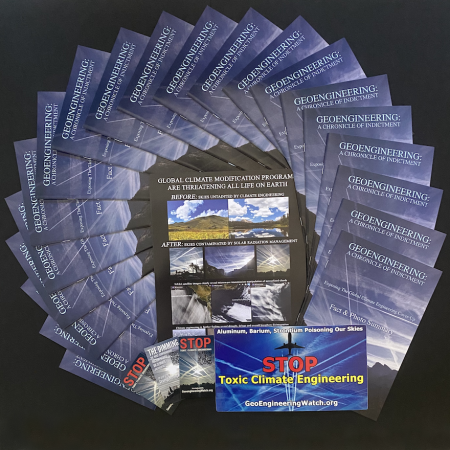





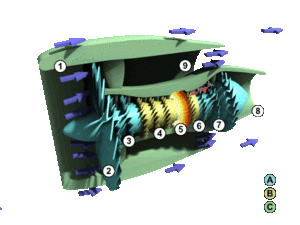
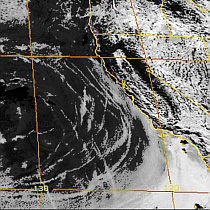





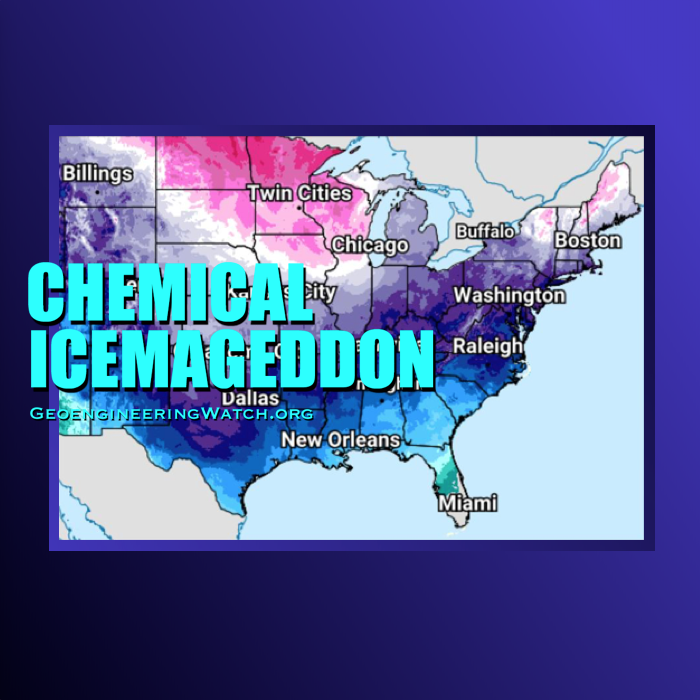
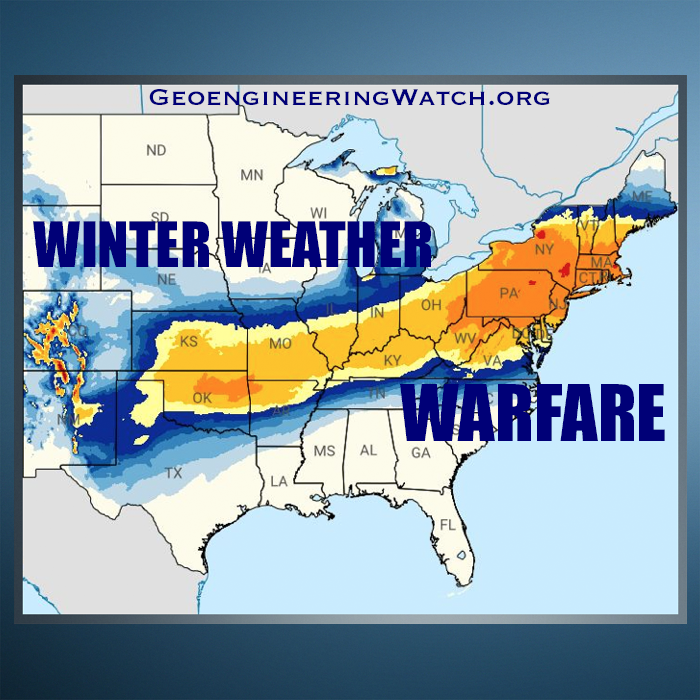



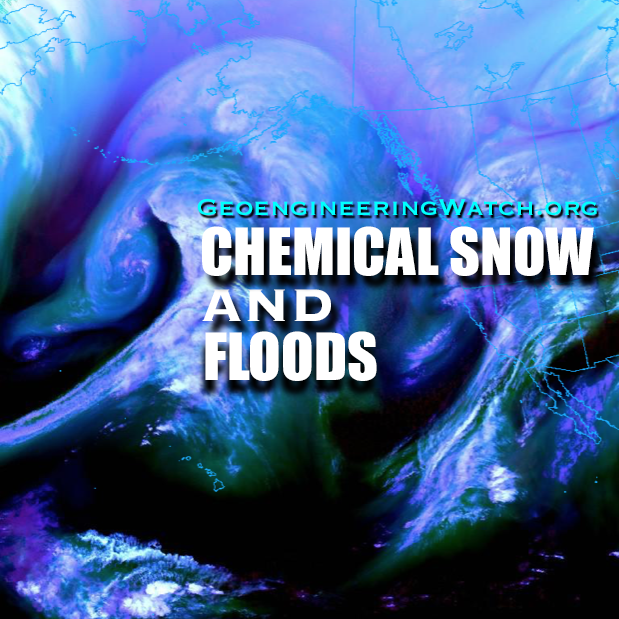

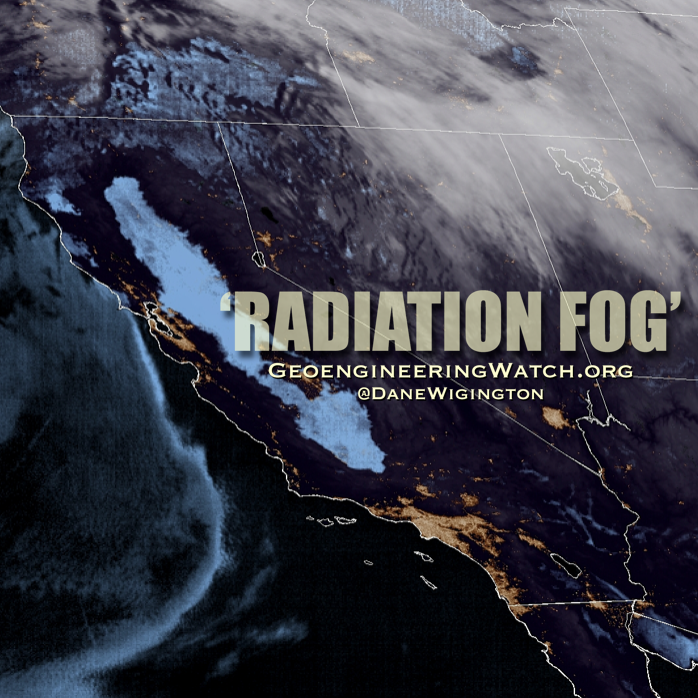











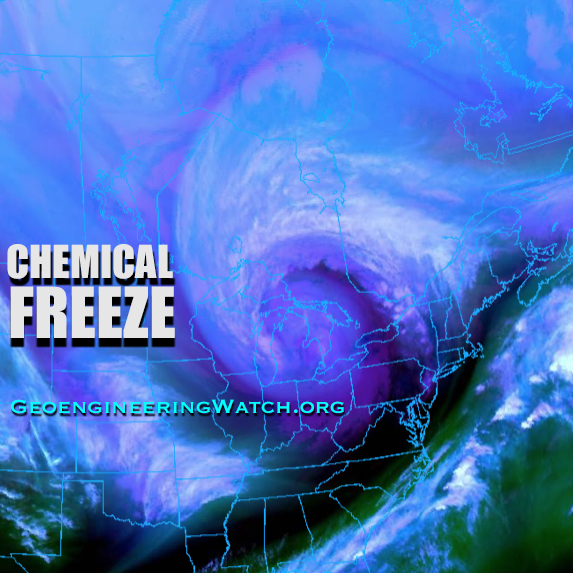
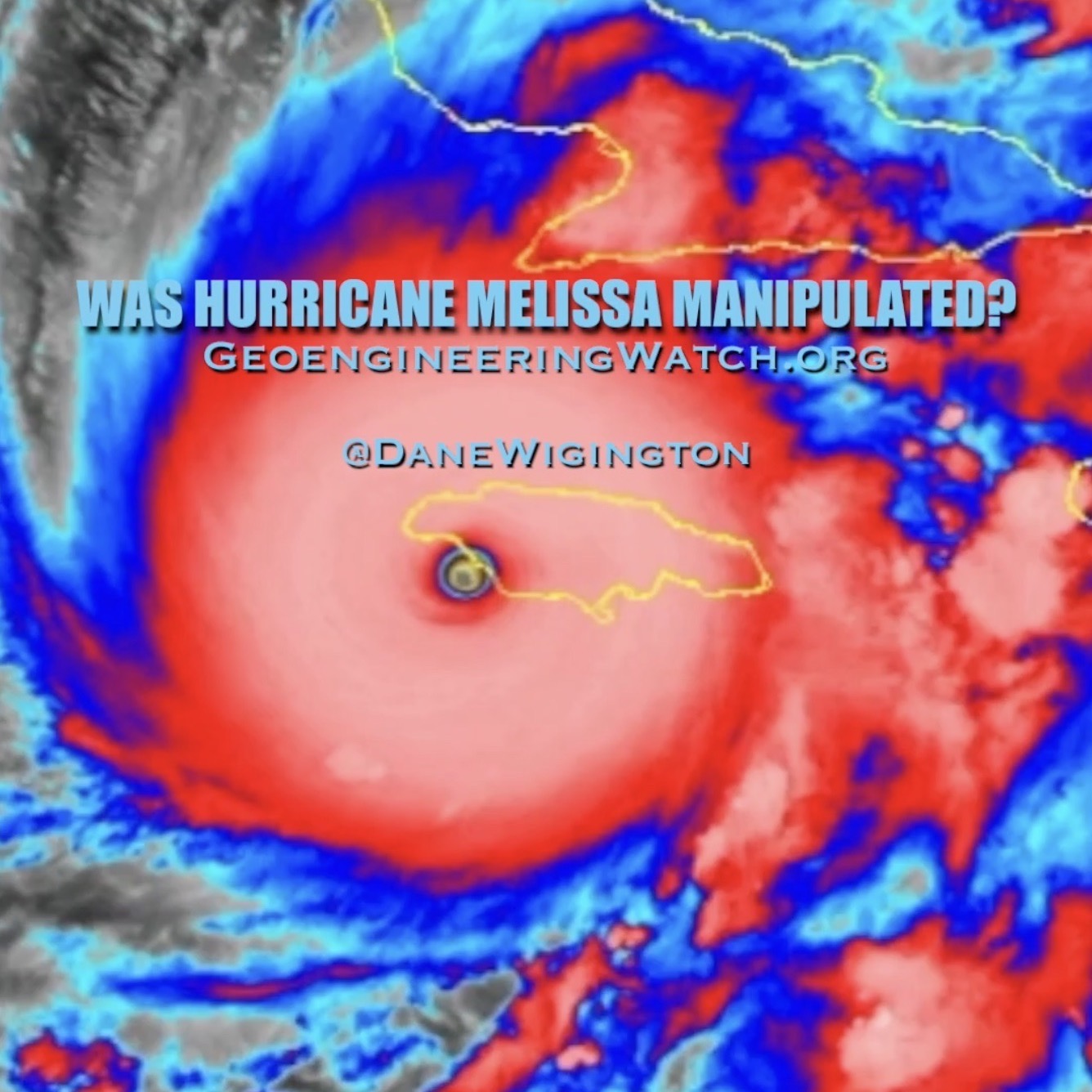

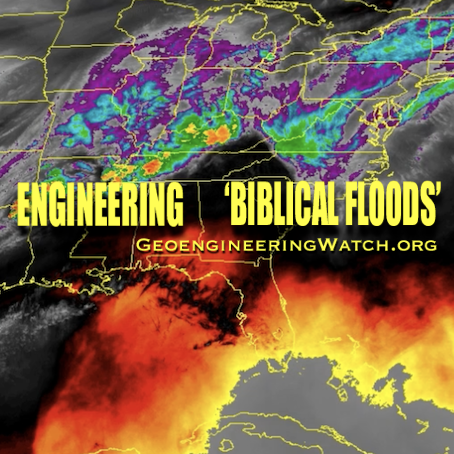



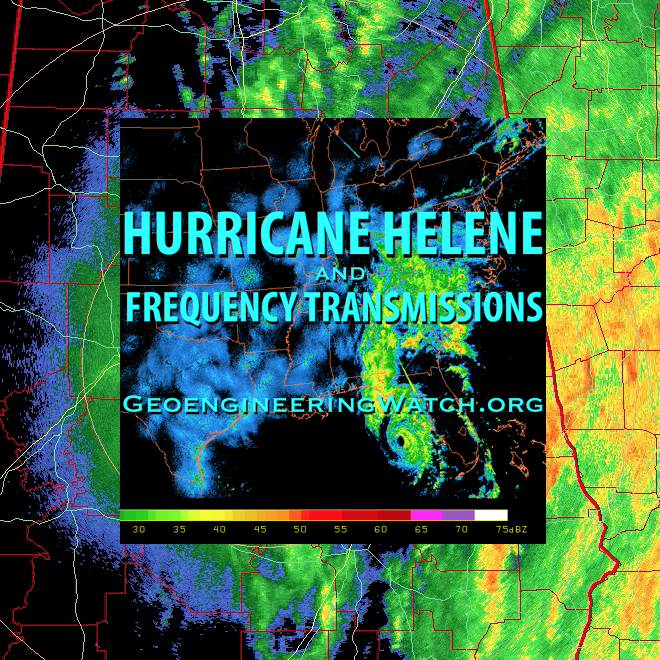
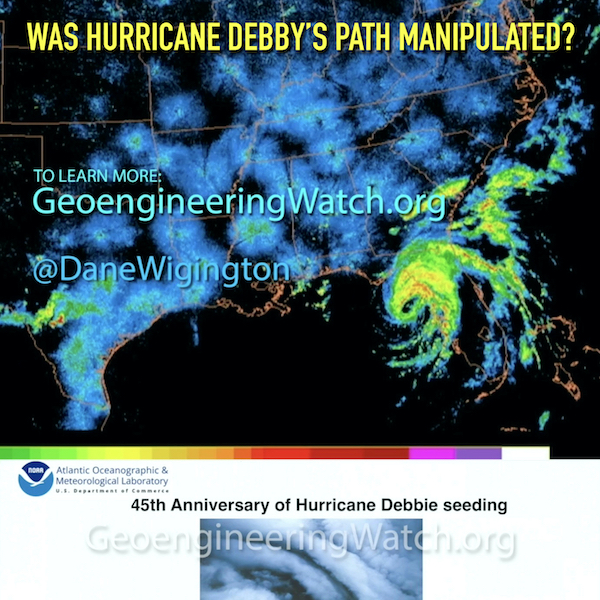







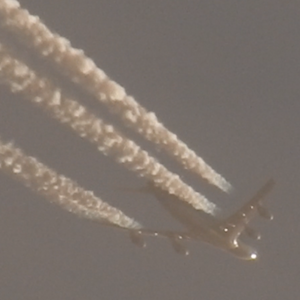



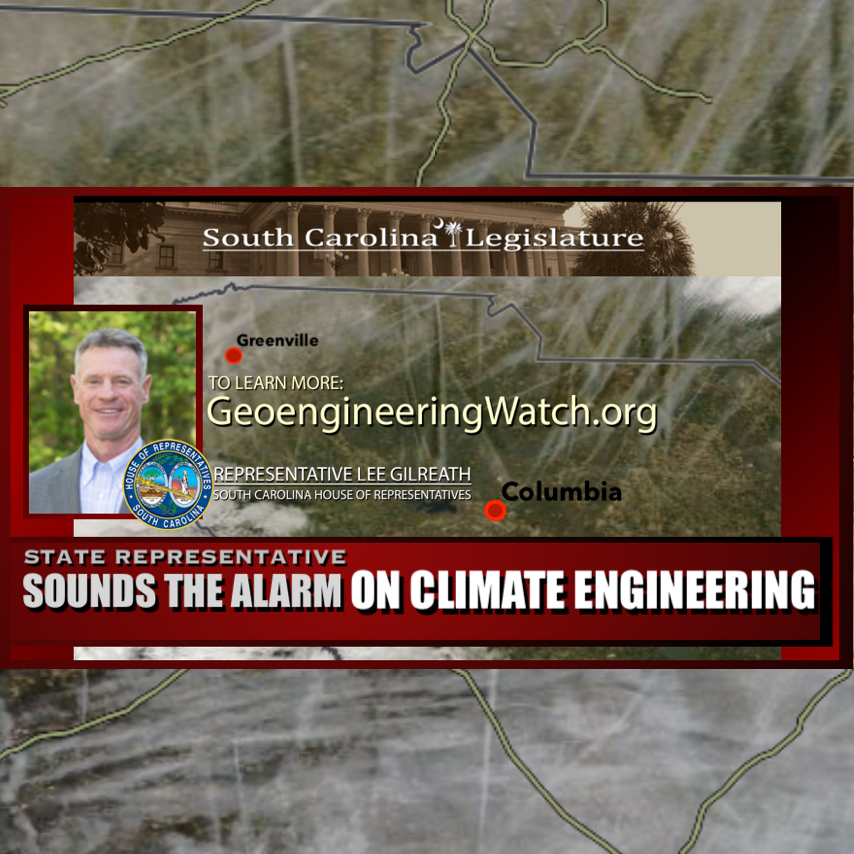
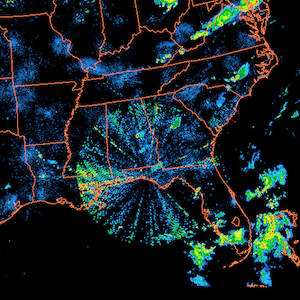





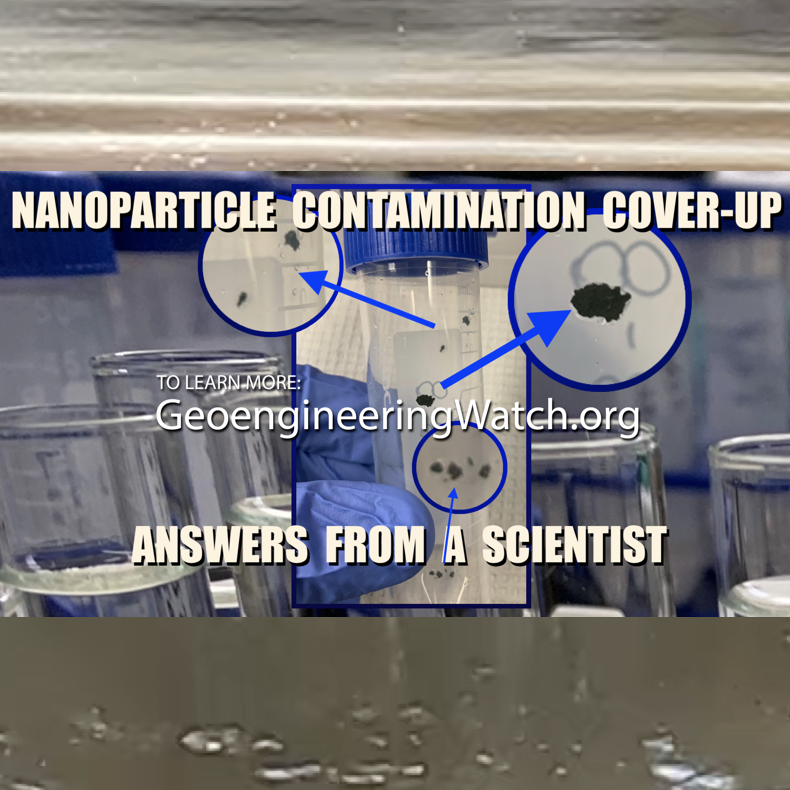






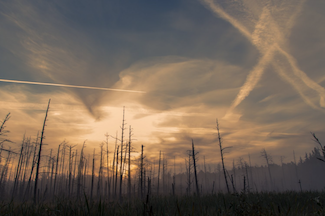




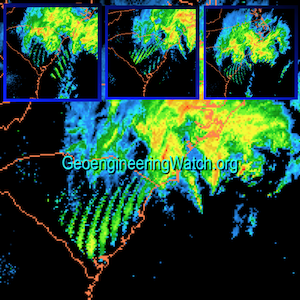












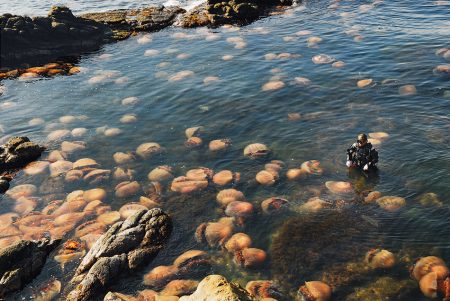




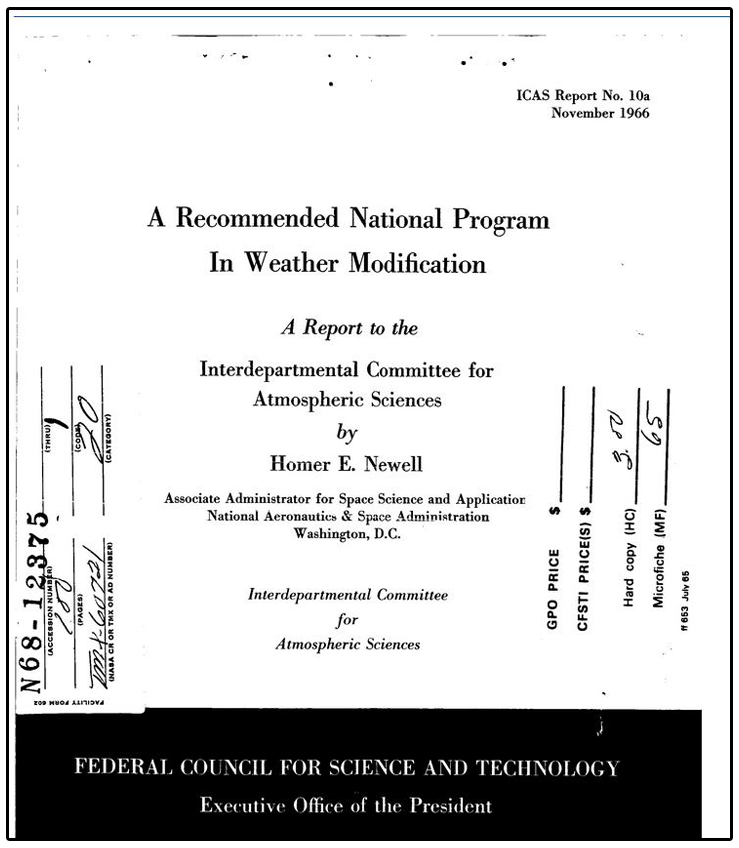

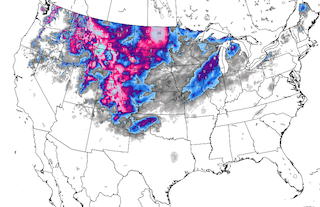






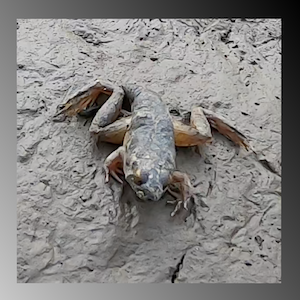











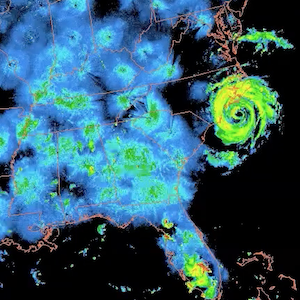













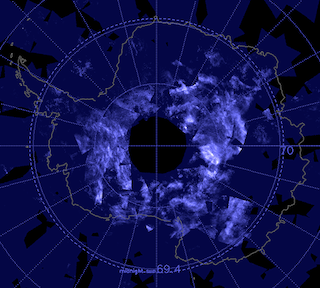









14 Responses
Paul Vonhamish, Too funny! Yes! Politicians as jelly fish! Hey, given all the doom and gloom, we all need a laugh, thank you for that! Laughter is the best medicine.
I erred. The current date to comment to the Navy and our D.C. people is February 2nd, so there is still time! Last year when they sprung Shock and Awe, they gave a similar date, then, on the sly, moved it way up to Jan. 9th, 2014. This new draft, the one that takes to the skies for war practice over the Olympic Range, Oregon, Washington and Idaho and more does have some support against it in Washington D.C. from some senators, such that calling them could actually sway this plan which many really do oppose. It is suggested that besides statements of opposition, one should also ask questions, because questions beg answers. Such as, if they must do this, why not at the Nevada test site? Where is peer review of what they intend? Why would they be so secretive and insulting to the people they are supposedly protecting? Why no open debate considering the ramifications such as effects on humans and wildlife? This new phase of their obsession will not be hidden, cannot be hidden and so it is only reasonable that they respond to public concerns. It is not a conspiracy theory on our part, given that they say what they intend to do, not that they will only do that, but what they intend is so very bad and in the open that it should not be that hard to get something done about this one thing. Especially since there is so much we can’t mitigate at this point, this should be heartening.
I understand impotent rage as well as profound grief. It is helpful to feel it, but more helpful to at least do something about it. This is something we can all do. I don’t agree with Freedom Ranger that lodging should not be a problem. Even in ye old Indian days, or Indigenous anywhere, housing, lodging, shelter was always an issue. But, I think it is insane to base our economy on housing-the building and selling of houses. All?, or at least almost all of the 1% acquired their wealth in illegal and reprehensible ways. They are in no way superior. I was raised around rich people and none of them were happy or even ok. I vowed to have nothing to do with money as a result, and I am afraid I have succeeded too well in that effort!
What counts in life is to have a strong moral and ethical core. To see the Creator in each one of us, even in the face of evil. To value human life as much as we value butterflies, to seek out the humanity that is somewhere in the chaos of being human. There are far more good people in this world than bad. And they are not all watching American Idol and who cares if that is where they get some joy, some hope? It does no one any good to dwell in impotent rage. We all need to recharge, have a laugh, get something good out of each day, else we will all go mad.
It is probably hopeless to try to stop the Navy, but I for one, am gonna try. This one is winnable, I think. Most people I know are not into television, most don’t even own one. Most are working all the time, caring as well for ailing parents, kids with ADHD, cancer, their gardens, playing music when they can, mourning the death of a child–there are many reasons why endless gloom and doom does not get the attention of all. I mean, this hideous program of the Navy’s seemingly slid by Dane’s mass of information and gives new perspective of what is going on in our oceans. We each have our area of interest. Let’s do something about that.
Senator Louise Slaughter has done much-understatement-to advance issues that affect women, as well as other issues such as the TPP in which she found the lack of media coverage shocking. And she is 85. People are just beginning to wake up to how meaningless our news media is. Organized social activism works. Let’s do it!
But I need your help here. I can try to start a platform but my health issues, which I cannot blame on geoengineering, make me somewhat unreliable. I’m not talking Facebook, but rather platforms such as Credo, and many others. The idea is to focus on one thing, preferably something that would help illuminate the other issues, such as a free press. But, it could be something else, it could be geoengineering. You state the issue and ask for signing of a petition. When Congress, or big businesses are faced with a vast amount of voter registered signatures, change happens. It is impressive. Feedback please?
Very well said Freedom Ranger. You are very much awake. God bless you. God says in His good book that He will destroy those who destroy the earth. He always keeps His promises. They can hide in their underground bunkers and in the hollowed out mountains and hillsides all they want. They will not be safe when Yahweh’s wrath is unleashed.
We have stupids and ignorants bastards (governments)to ignore the evil of the geoengineering,they are killing all Life on the Planet.But like rats they are going to hide undergrounds,They started 2 years ago,The only way we have would is to change these élitesshit for humans beings,
Scary. There’s all kinds of evil that humankind has done. We’re trashing our oceans with garbage and taking out all kinds of fish for profit. Our oceans need to be protected at all costs. Look at the state of the Pacific. It’s becoming a sad state of what it used to be because of us.
I have been a reader of the articles posted on this sight for a few months now,and find the information to be direct,informative,and heart felt. I have a thick skin,and fear little,but the future of my children is one thing I will,and intend on defending to my death. I have come to the conclusion that since there are little to no ways for one man to tackle all the wrongs being done in this world by the “New World Order”. I believe the root of the criminal actions. Also Agenda 21 being the scripted plan.
My answer is not to give up,but to fight harder,and smarter,by playing to my strengths. I have been making fliers listing references to real news sights(this one included),and where to find free youtube videos,and sources for information that people can educate them selves.In some cases more effective than trying to sell what I have learned.Kind of like Dane himself stated about calling it Geoengineering,and not chemtrails,as an act to present it not as conspiracy theory,but as scientific reality. Some times I think planting the seed and pointing a direction,and give them the look it up yourself works.
I have also bought a copy of both videos”What Are They Spraying” ,and “Why Are They Spraying”,and handing them around my small community,mostly to people in very social,and political positions. Not every one is very receptive,so I don’t force my beliefs to hard.But most of the time I know I plant a seed of thought,and maybe some curiosity about what is actually happening. I read most of the responses on this site and see a lot of defeat in peoples statements,and that is very sad. I myself am not rich (I splurged to get the video,and materials for the fliers)but to not give your all is to me defeat,for me and my children. I really hope people with find there strength,and ignore the negative responses some people will give you,and get out there swinging for the fences.
I have gotten a lot of people to wake up and take notice,even with my little,limited attempts,and I am not done yet 🙂 I only hope that these comments inspire some can do in those good people that are feeling powerless.
I left my house this morning it was 27 degrees at 7500 feet, when I drove 4 miles into town at 5200 feet it was 11 degrees when I left the doctor’s office 1 hour later it was 50 degrees
These chemtrails are physically killing me and torturing me. Humanity is not good. People love to watch other people suffer even if it means their own demise. We are not going to pull together and get through this. I dont believe anything will stop the spraying. I feel for people who chose to have children, they have to fight. I chose not to have children because I saw what was happening for a long time. This world aint right. It takes millions of years for the Earth to reach Equilibrium. So good luck in your underground bunkers. I mean 18, 19 years olds look at you like you are plain crazy when you tell them there was once such a thing as blue sky. They simply mock you when you tell them. The world is filled to the brim with evil, there is no hope. It is simply time to accept our collective fate. Unless……………………………………..
While “ordinary” humans have done much damage and are slow to change, the most egregious damages have been caused by our military, which for me, is the dinosaur in the room. And it wants to be fed fossil fuels, enough is never enough for our military, who routinely cannot account for vast sums of money that could have gone towards transitioning from fossil fuels, education, infrastructure, health issues and so much more.
All this past year our Navy has been practicing war games underwater, up and down all our coasts, using not only sonar, but also bombs, missiles, drones, chemicals, rockets, electromagnetic pulses and more. They have been given permission by NOAA to “take” wildlife, as in kill, wound, maim-for target practice. This hideous effort was snuck by at the end of last year with no heads up. They now have enlarged that area from San diego to Hawaii. Right now they are preparing to take this to the air, over land: Oregon, Washington and Idaho with some wiggle room outside these bounds and will be experimenting with electromagnetic waves, both high frequency and especially low to be co-ordinated with mobile ground units. Again, we have only until Jan. 9th to comment to the Navy and to our Congress peoples. Time is of the essence here!
The Navy’s website is:http://nwtteis.com/ for Draft 2014NWTTEIS/OEIS
The toll free number for your congress peoples is:1-866-220-0044
Not only did this country spring the first nuclear bomb, but the continued experiments with nuclear everything, followed by/with geoengineering, and constant warfare using depleted uranium-some of the used vehicles and bullets, bombs with depleted uranium at a police station near you now to make room for even more vehicles of destruction- but the Navy, underwater, unseen by most, even in Puget Sound, uses vast amounts of fossil fuels, far more than we mortals, and dumps All their waste into the oceans, now our coasts, and if they get their way, constant flying for at least two years over Oregon, Washington and Idaho-our military is out of control, like a rabid dinosaur. And we are not the only country to use the Pacific Ocean for nuclear tests. Can this not be a direct cause of the death of our oceans? There are many others, but the Navy themselves call what they are doing Shock and Awe. As if proud of that. Could this effort this past year be related to the fog/cloud bank that just sat on the coast forever it seemed, as protective cover? How can this not be related to the rise of jelly fish? Without brains, they can survive this assault. As Dane says, it is not this or that. It is this, that and the other things. But, in the main, it is our military, famous for losing trillions of dollars. Soon to be famous for destroying all life on Earth.
Heh… The more I read about jellyfish, the more it sounded like the same species as “politician”.
“They have no heart, brains, ears, heads, feet, gills, or bones.”
Extremly hard to exterminate, because they suck the life out of everything…
And Dane and the other posters. Lets not forget Fukashima. Wonder if jelly fish can live in radiation. From the sounds of it PROBABLY and that should scare the whole crap out of one and all. But yes it goes back to the greed and missdirection these insane people are about. May GOD have mercy on our souls
I say let the Box Jellies have them. How poetic that would be!
I really dont think mankind is responsible, the responsibility lies nearly 100% on maybe a 1000 or so families whom GOD,Fate,Nature… entrusted nearly limitless amounts of wealth and resources with which to guide us and the planet into a harmonious future. The blame lies on the individuals in these families, one example comes to mind , JP Morgan and Chase Bank, how his bloodline and those related denied humanity FREE clean energy which Tesla gave to us, how they continue to profit. These people, these monsters, these families of monsters need to be brought to justice for what they took from us- for the love of scarcity and the profit it brings they have made the Earth a desert. If we had Free clean energy which Tesla had intended we would not have any of the problems we are facing.
As long as there is such a thing as profit humans will destroy the Earth. The protection of the Earth begins with the elimination of the acquisition of wealth as a necessary motivation for life. The Earth has been destroyed over profit and the immoral and amoral accrual of wealth by individuals who are fully aware of their irrelevance to society. Until these parasitic bloodlines are rooted out there is no hope.
I was standing in line waiting to pay my mortgage and it dawned on me how wrong it is that humans, such extraordinary and divine creations that we are, have to spend nearly all of their waking hours trying to secure lodging which should be absolutely free. The truth of our dilemma is right there. Until we value human life how can we value the Earth. Why should we value the Earth? Is it not mother nature who made some of us so cruel, are we not just returning the favor to the mother which made some of us so unrelentingly greedy. I dont know, but I was born into a world that I dont agree with and I am forced to obey rules I did not consent to. It would just be such an injustice if the ones responsible for this tragedy were allowed to escape into bunkers, or some other form of safety from the damage they have done. I feel like a broken record, I feel full of impotent rage. It is the worst feeling in the world…impotent rage. To look at the jeering multitudes who laugh and deride while they drink their poison in blissful ignorance, we live in a world of insane multitudes and I am bereaved that I cannot be one of them. I have to be quite aware that I am breathing poison. O the terror of it all.
Hello Freedom Ranger, yes, the power structure is clinically insane, but most of the population has stood by for decades and done absolutely nothing for the common good. There is more than enough blame to go around, and even with a “free energy” source, the looting and plundering of the planet on other fronts is unarguable. Its time for the population to stand up and show some responsibility to the whole. Only then can the power structure be brought to justice.
The madness and craziness of the governments are going to kill us and our children. It seems that they are continuously working day in and day out to destroy our planet. Do they not realize they are going to die too? Why? They are psychopaths. Destructive phsycopaths., what are we doing? What aren’t we putting these people behind bars? Why is that so hard to do? All,of them should be locked away with each other for the rest of their lives, and some executed.
I just burst into tears & nearly brought up my breakfast.
I’m only now learning how to ‘share’ on Facebook but my New Years resolution was to master this art & this jelly fish article will be the one I will practice on. None of my FB friends & rellies recognise the extent of damage we have caused our once glorious planetary home…..
If this doesn’t wake them up …….nothing will